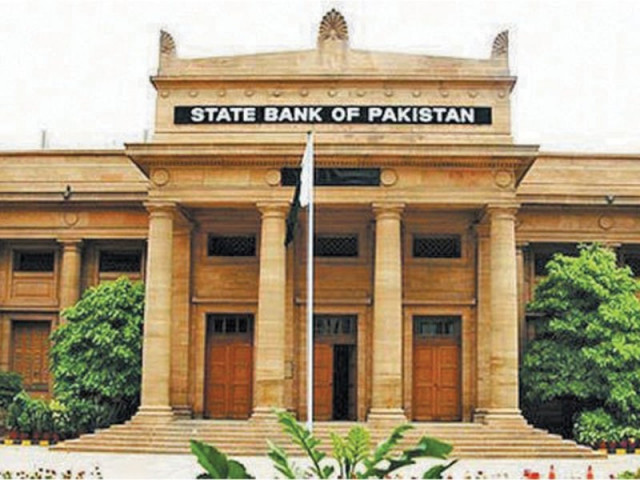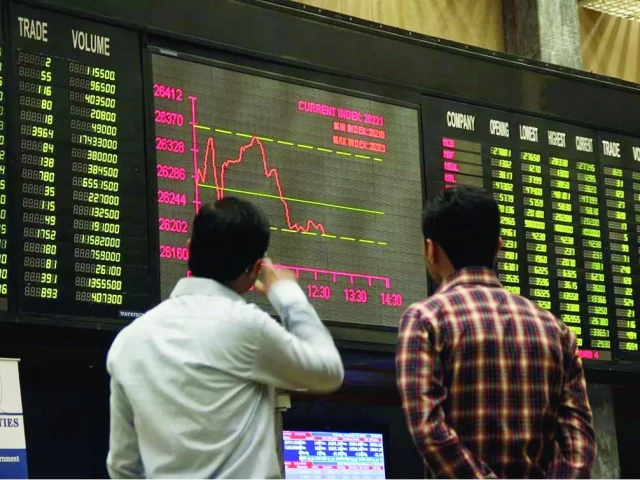The Future of Digital Payments in Pakistan: A Comprehensive Overview
Exciting changes are on the horizon for Pakistan’s financial landscape. The State Bank of Pakistan (SBP) has announced a bold initiative: by June 2026, all federal and provincial government payments will be fully digitized. This move is set to transform the way citizens and businesses interact with the government, making transactions faster and more efficient.
Currently, two banks in the country are already offering digital banking services. The hope is to see the number of digital merchants soar to two million within just a year. During a recent meeting of the National Assembly Standing Committee on Finance, policymakers discussed the implications of these changes. MNA Syed Naveed Qamar chaired the session, emphasizing the importance of digital payments.
SBP’s deputy governor highlighted that by December 2026, all government payments, including those from state-owned enterprises, will be processed digitally. This shift is not just about convenience; it paves the way for a more transparent financial ecosystem, where tracking transactions becomes much easier.
One of the standout initiatives discussed in the meeting was Mashreq Bank’s rapid launch of its digital banking services. With a workforce of 400 people spread across 19 cities, they aim to provide services nationwide. This expansion underscores the growing demand for digital banking options in an increasingly tech-savvy population.
Interestingly, there are already over 5,000 digital merchants in Pakistan, and the government is keen to support this growth by financing Rs3.5 billion worth of merchant payment schemes. For consumers, digital payments are generally free, with interbank transfers only incurring a fee for transactions over Rs25,000. However, payments made through the Raast payment system remain free.
In parallel, the committee examined the Corporate Social Responsibility (CSR) Bill, which seeks to ensure greater transparency in how companies report their social contributions. Out of 447 companies surveyed, 315 are involved in CSR activities, but many others have not disclosed any expenditures. Potential penalties for non-disclosure could reach up to Rs1 billion once the bill is passed.
The conversation also touched on pollution concerns in regions like Muzaffargarh, where local oil refineries have been criticized for not giving back to their communities despite CSR funds typically being funneled into capital projects.
As Pakistan steps into this digital frontier, the possibilities for enhanced governmental efficiency and corporate responsibility are immense. Staying Abreast of these changes is crucial for both consumers and businesses. If you’re interested in discovering how these developments might affect you, or looking for innovative solutions in this evolving landscape, don’t hesitate to connect with Pro21st. Let’s navigate this exciting journey together!
At Pro21st, we believe in sharing updates that matter.
Stay connected for more real conversations, fresh insights, and 21st-century perspectives.





